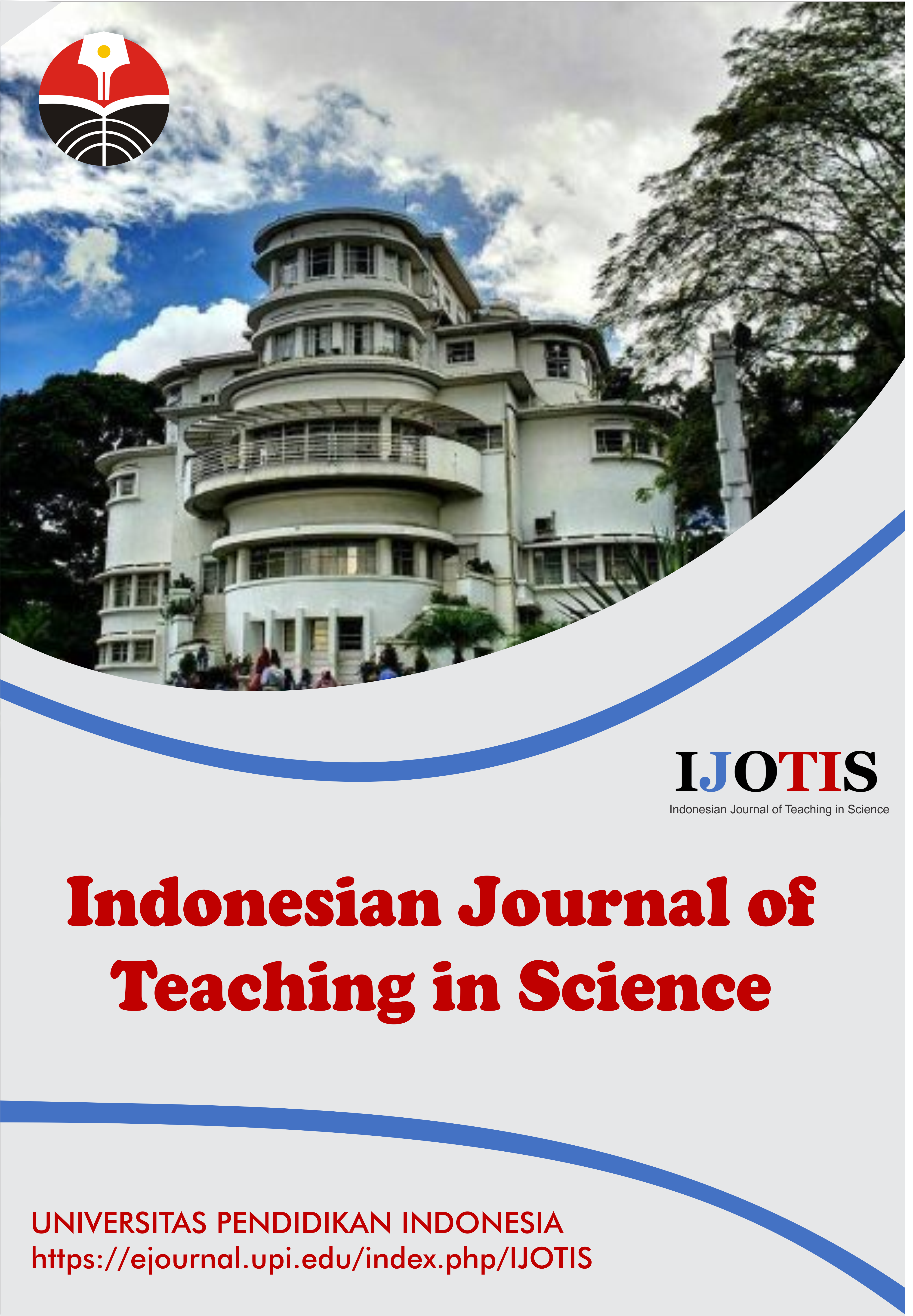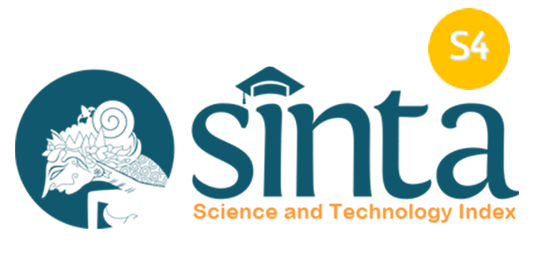Factors Affecting the Career Choices of Graduating Public Secondary Students in Ligao City Division, Ligao City, Philippines
Abstract
Keywords
Full Text:
PDFReferences
Betz, N. E., and Hackett , G. (1986). Applications of self-efficacy theory to understanding career choice behavior. Journal of Social and Clinical Psychology, 4(3), 279-289.
Glynn, R. W., and Kerin, M. J. (2010). Factors influencing medical students and junior doctors in choosing a career in surgery. The Surgeon, 8(4), 187-191.
Herr, E. L. (2013 ). Trends in the history of vocational guidance . The Career Development Quarterly, 61(3), 277-282.
Kazi , A. S., and Akhlaq , A. (2017 ). Factors affecting students ’ career choice . Journal of Research and Reflections in Education, 2(2), 187-196.
Minor , S., Poenaru , D., and Park , J. (2003 ). A study of career choice patterns among canadian medical students. The American Journal of Surgery, 186(2), 182-188.
Ogowewo , B. O. (2010 ). Factors influencing career choice among secondary school students : implications for career guidance . International Journal of Interdisciplinary Social Sciences, 5(2), p451.
Querido , S., van den Broek , S., de Rond, M., Wigersma , L., and Ten Cate, O. (2018). Factors affecting senior medical students ’ career choice . International Journal of Medical Education, 9, 332.
Sangsawang , T. (2020). An instructional design for online learning in vocational education according to a self-regulated learning framework for problem solving during the covid- 19 crisis. Indonesian Journal of Science and Technology, 5(2), 283-198.
Sharif, N., Ahmad, N., and Sarwar, S. (2019). Factors influencing career choices. IBT Journal of Business Studies, 15(1), 33-46.
Tang, M. (2009). Examining the application of holland's theory to vocational interests and choices of chinese college students. Journal of Career Assessment, 17(1), 86-98.
Villamor , T. O. (2011 ). The level of implementation of information and communication technology for education program at ligao city division : An assessment . International Journal of Arts & Sciences, 4(11), 363.
DOI: https://doi.org/10.17509/ijotis.v1i2.39728
Refbacks
- There are currently no refbacks.
Copyright (c) 1970 Universitas Pendidikan Indonesia

This work is licensed under a Creative Commons Attribution-ShareAlike 4.0 International License.
Indonesian Journal of Teaching in Science (IJoTIS) is published by Universitas Pendidikan Indonesia (UPI)
 Indonesian Journal of Teaching in Science
Indonesian Journal of Teaching in Science



